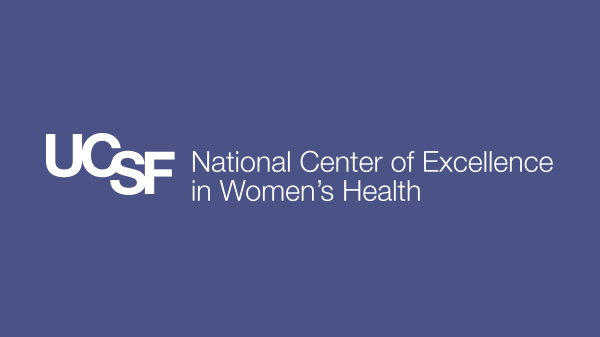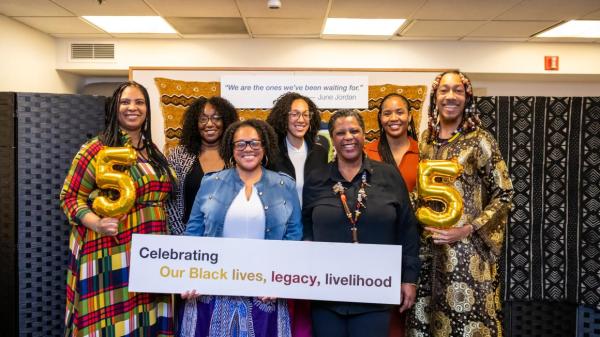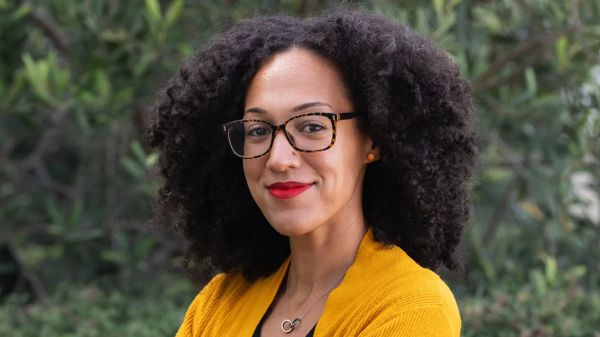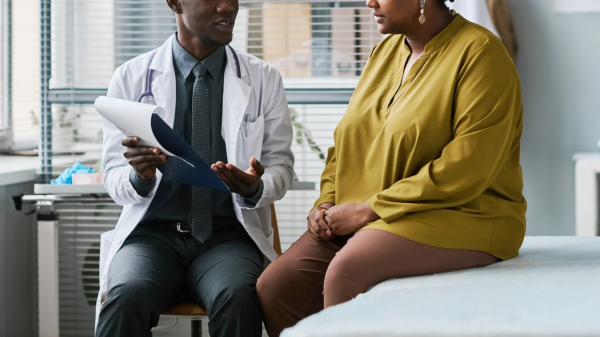Newly Vaccinated People Become Ambassadors to Overcome Hesitancy of Friends and Family
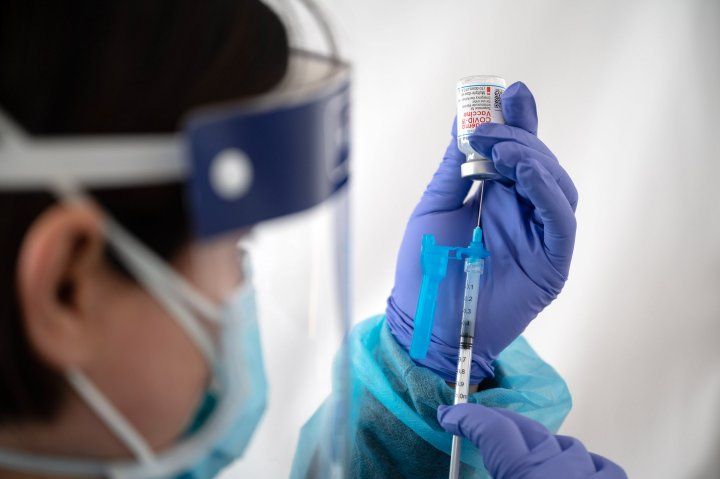
Susan Dang of BayPLS, contracted by UCSF, prepares a dose of the Moderna vaccine during Unidos En Salud vaccination event in January 2021. Photo by Mike Kai Chen
A community-based effort to overcome vaccine hesitancy designed by UC San Francisco scientists working together with San Francisco’s Latino Task Force is succeeding in the Mission District of San Francisco, where many Latinx people live and work.
The Unidos en Salud/San Francisco Department of Public Health neighborhood vaccination and testing site is housed in a collection of white tents pitched in a parking lot behind a McDonald’s. There, newly vaccinated people are learning how to spread the word among family and friends about the benefits of vaccination. They are coached to calm people’s fears of unpleasant or long-term side effects and counter the conspiracy theories they read online.
More than 90 percent said they reached out to at least one person, according to a study published Sept. 20, 2021, in PLOS, and almost 20 percent said they persuaded at least six other people to get vaccinated.
The Unidos en Salud/SFDPH campaign to motivate, vaccinate and activate community ambassadors has been a major contribution to the huge success San Francisco has had in reaching Latinx people. The city has managed to vaccinate more Latinx people than whites.
“The principle is quite simple,” said Diane Havlir, MD, professor of medicine at UCSF and Chief of the Division of HIV, Infectious Diseases and Global Medicine at Zuckerberg San Francisco General, who developed the model with the health committee of the San Francisco Latino Task Force. “People who are not yet vaccinated spend time with other people who are not vaccinated. Once they do get vaccinated, they can influence friends and family to get vaccinated.”
The Unidos en Salud site has been carefully designed to meet the community’s needs and reduce barriers to health care access. Even before the vaccines were available, the site offered free walk-up rapid testing and supportive services for COVID-infected persons at the plaza at the 24th Street BART station, a mass transit hub that is heavily used by the neighborhood's many essential workers.
“Waiting times are minimal, and there’s always an approachable and warm-hearted person to answer questions in Spanish or English,” said Carina Marquez, MD, assistant professor of medicine at UCSF.
To prepare for when the vaccines would arrive, workers surveyed people’s thoughts on vaccination and used what they found to train a community health team to invite the newly vaccinated to become ambassadors for vaccines and overcome the trepidation of their friends and family.
Susana Rojas, a community founding member of Unidos en Salud, hosted Sunday cafecitos on street corners in the Mission District with free pan dulce and coffee, so people could pose questions to Latinx doctors, and encouraged the newly vaccinated to share photos and testimony online.
"Creating opportunities for our community to have access to information in a non-threatening way and utilizing easy to understand language is paramount to the success of establishing community immunity," Rojas said.
Early on, Unidos en Salud began offering flu shots when people asked for them. Havlir said this “big tent” model, which her academic and community partnership developed in response to HIV in Africa, has expanded services in the Mission even further to include testing both for HIV and diabetes. “If someone comes in with diabetes and isn’t COVID vaccinated, that’s an opportunity,” she said.
Statewide, the vaccination situation is far different for Latinx people, a group that has borne a disproportionate share of the burden of COVID-19. Although they make up 40 percent of the state’s population, they have received only 30 percent of the vaccine doses.
Unidos en Salud and San Francisco’s success shows what can happen when public health scientists drive innovation in concert with community leaders. And it offers strategies that other communities struggling with low rates of vaccination can easily adopt.
Funding for the vaccination program was provided by a combination of the San Francisco Department of Public Health, UCSF, private donors and the Chan-Zuckerberg Initiative.
The University of California, San Francisco (UCSF) is exclusively focused on the health sciences and is dedicated to promoting health worldwide through advanced biomedical research, graduate-level education in the life sciences and health professions, and excellence in patient care. UCSF Health, which serves as UCSF’s primary academic medical center, includes top-ranked specialty hospitals and other clinical programs, and has affiliations throughout the Bay Area.

